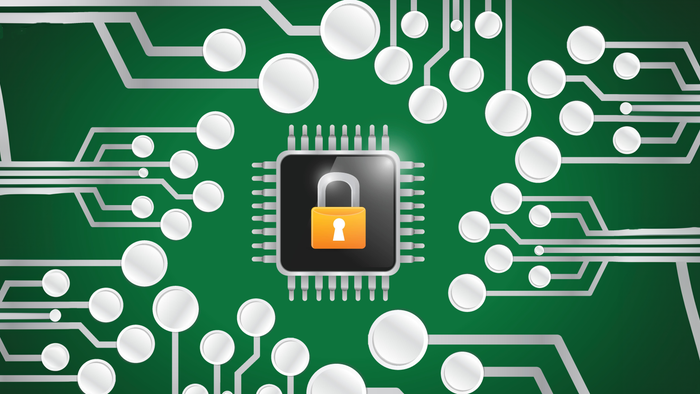Medicare Smartcards Aim To Thwart Fraud, Waste
Bipartisan legislation would issue digital ID cards to 48 million Medicare enrollees, save $30 billion a year, say sponsors.


15 Healthy Mobile Apps
(click image for larger view)
Slideshow: 15 Healthy Mobile Apps
A small but notably bipartisan group of lawmakers has introduced antifraud legislation that would create smartcards for Medicare enrollees and providers, a move that sponsors say could save $30 billion a year.
The proposed Medicare Common Access Card Act of 2011, introduced in the Senate (S. 1551) Sept. 13 by Sens. Mark Kirk (R-Ill.), Ron Wyden (D-Ore.), and Marco Rubio (R-Fla.), and in the House (H.R. 2925) Sept. 14 by Reps. Jim Gerlach (R-Pa.), Earl Blumenauer (D-Ore.), and John Shimkus (R-Ill.), would create a series of pilot programs to embed secure chips on Medicare identification cards. If the pilots were to prove successful after a year, the legislation would authorize distribution of smartcards to all beneficiaries of Medicare, currently about 48 million people and counting.
The program is modeled on the 20 million Common Access Cards that now identify U.S. Department of Defense personnel and other Military Health System enrollees. Current Medicare ID cards display the holder's social security number. The new cards would hide this prime target of identity thieves and give the beneficiary a PIN to verify his or her identity.
Providers would receive smartcards, too, theirs containing a biometric security element. Both patient and provider would insert their cards into a reader to confirm that a transaction actually took place.
[Which healthcare organizations came out ahead in the InformationWeek 500 competition? See 10 Healthcare IT Innovators: InformationWeek 500.]
"Building on the smartcards already issued to all Americans in uniform, we can offer seniors more protection for their identities while reducing fraud and waste in the strained Medicare system," Sen. Kirk said in a joint press release. "By removing a senior's social security number from the front of the card and including the security upgrades used on the cards of our troops, this secure Medicare Common Access Card will also help end Medicare's current 'pay then chase' policy that allows so much fraud and waste."
Today, the Centers for Medicare and Medicaid Services generally pays all claims submitted by registered providers, and then attempts to recoup any fraudulent reimbursements after the fact.
A video released by the Secure ID Coalition, a group of four companies that produce smartcards and other identity-protection technologies--and posted on Kirk's official Senate website--said modernization of the Medicare card could trim fraud by half. The coalition said there would be a one-time cost of $19 per person to issue the cards and distribute readers nationwide, but that small investment would save taxpayers $675 per Medicare enrollee per year in reduced waste.
"We feel like this is a real step forward," Secure ID Coalition executive director Kelli Emerick told InformationWeek Healthcare. "Smartcards were invented to prevent fraud." Emerick said that similar programs in Germany, France, and Taiwan have been successful in dramatically curtailing fraud and waste in those countries' healthcare systems.
The legislation also has the support of the AARP, the nation's largest advocacy group for older Americans.
Emerick said that the newly introduced House and Senate bills are under consideration for referral to the so-called "super committee," the 12-member congressional panel tasked with finding specific ways to reduce federal debt.
Find out how health IT leaders are dealing with the industry's pain points, from allowing unfettered patient data access to sharing electronic records. Also in the new, all-digital issue of InformationWeek Healthcare: There needs to be better e-communication between technologists and clinicians. Download the issue now. (Free registration required.)
Read more about:
2011About the Author(s)
You May Also Like
Key Findings from the State of AppSec Report 2024
May 7, 2024Is AI Identifying Threats to Your Network?
May 14, 2024Where and Why Threat Intelligence Makes Sense for Your Enterprise Security Strategy
May 15, 2024Safeguarding Political Campaigns: Defending Against Mass Phishing Attacks
May 16, 2024Why Effective Asset Management is Critical to Enterprise Cybersecurity
May 21, 2024
Black Hat USA - August 3-8 - Learn More
August 3, 2024Cybersecurity's Hottest New Technologies: What You Need To Know
March 21, 2024




